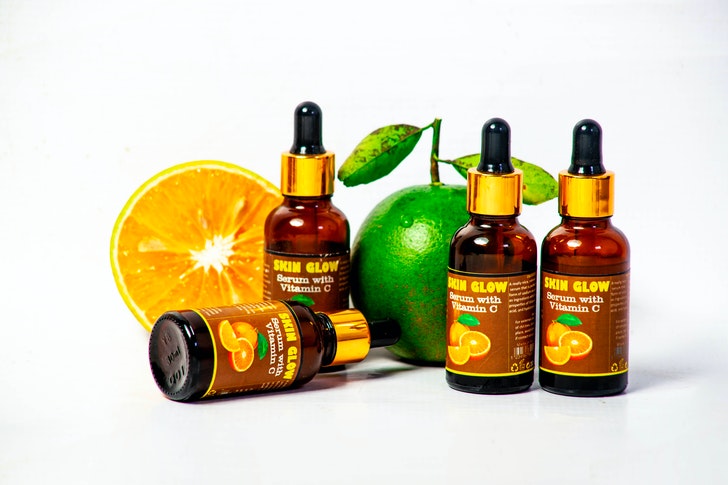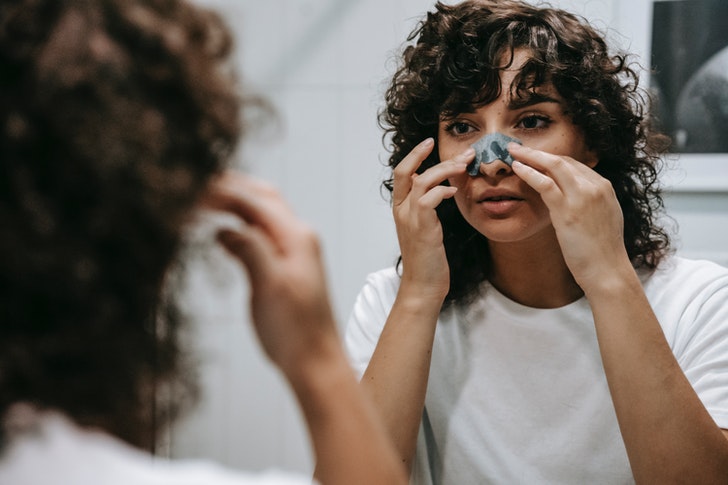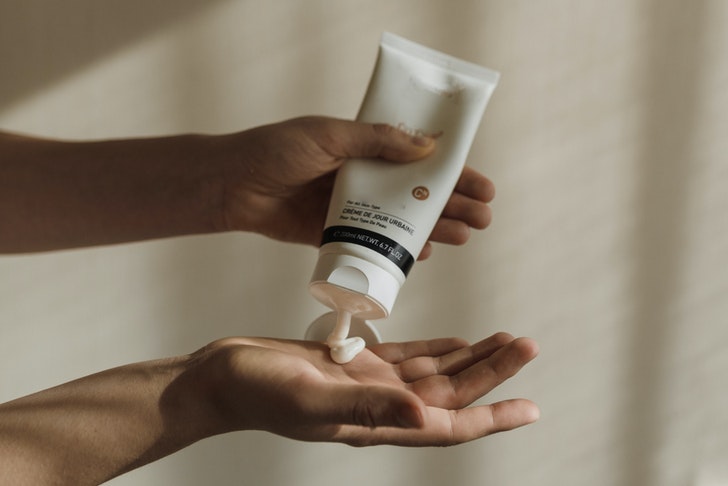Winters are a tough time on skin, risking the skin to dullness, dryness, and pale skin throughout the cold weather. As we enjoy the winter ‘comforts’ like heaters, coolers, blowers, bathing in hot water, and being out in the skin can all lead to skin irritation, itchiness, parched skin, and pale unhappy skin. Winters are generally the time to take extra care of our skin and add extra skincare products to help our skin glow, fulfill the skin nourishments and remove the dead skin cells even in this chilly weather.
What do you really mean when you say “skincare”?

Sustain Digital/ Pexels | Skincare is the range of practices that support skin integrity, enhance its appearance, and relieve skin conditions
Skin is the largest organ of your cover that plays an important role in protecting you from the exposure of pathogens and, obviously, protects your internal organs and systems. The same way you take care of your hair and teeth, your skin requires the same attention to function properly.
With a proper and effective skincare routine, by using the right products, you can reduce minor skin concerns such as dryness, oiliness, wrinkles, dark spots, and sun damage, all over a passage of time. Those people that have specific and severe skin condition problems such as psoriasis, eczema, acne, and rosacea require a dermatologist-approved skin treatment that is built up for specific skin and skin sensitivity. Finding a skincare routine that works can offer a vital way for someone to manage and treat their skin condition regardless of their severity level.
Many researchers have found out that keeping healthy skin helps you to maintain a healthy lifestyle and improves your mental health. Skincare is also a relaxing time when you can have your me-time and get away from your daily stressful and busy routines. Many people found out that sticking to their skincare regimen gives them a sense of control and becomes part of their routine that they look forward to daily.

Sam Lion/ Pexels | Beautiful skin requires commitment, not a miracle
What are the signs of dry skin?
Dry skin is medically referred to as “Xerosis,” and some common symptoms for dry skin include:
- Redness
- Itchiness
- Saw or irritated skin
- Skin cracks
- Rough texture
- Flakiness on the surface
- Skin burns
How to prevent dry skin
- Moisturize your skin: The good news is that you don’t have to consult a doctor or dermatologist to heal your dry skin. Instead, you can consider using a natural remedy to your skincare routine at home. Moisturizing is the most essential and basic step in every skin routine and helps to lock in all the moisture in your skin and protect your skin’s hydration barrier. You can choose a plethora of natural moisturizers like coconut oil, castor oil, olive oil, buttermilk, and cucumbers. You can also use olive oil as a natural cleanser for your skin.

Arina Krasnikova/ Pexels | Moisturizer Is the best defence against dry skin
- Drink water regularly: During winter, our skin tends to lose water, and we tend to drink less water which makes a person feel dehydrated. The dehydration becomes prominent on the skin through dry skin, skin patches, redness, and wrinkles, therefore it is imperative to load up on water during cold winter days. Once your body water requirement is fulfilled, your skin will start glowing, and you will have to worry less about pale dull skin.
- Use overnight treatments: overnight treatments are an excellent way to revitalize or prevent dry skin and help moisturize your skin. You can make your own overnight masks at home using avocado and honey to soothe your dry skin. You can also apply coconut oil before bedtime for chapped heels and hands and protect from dry skin damage.
